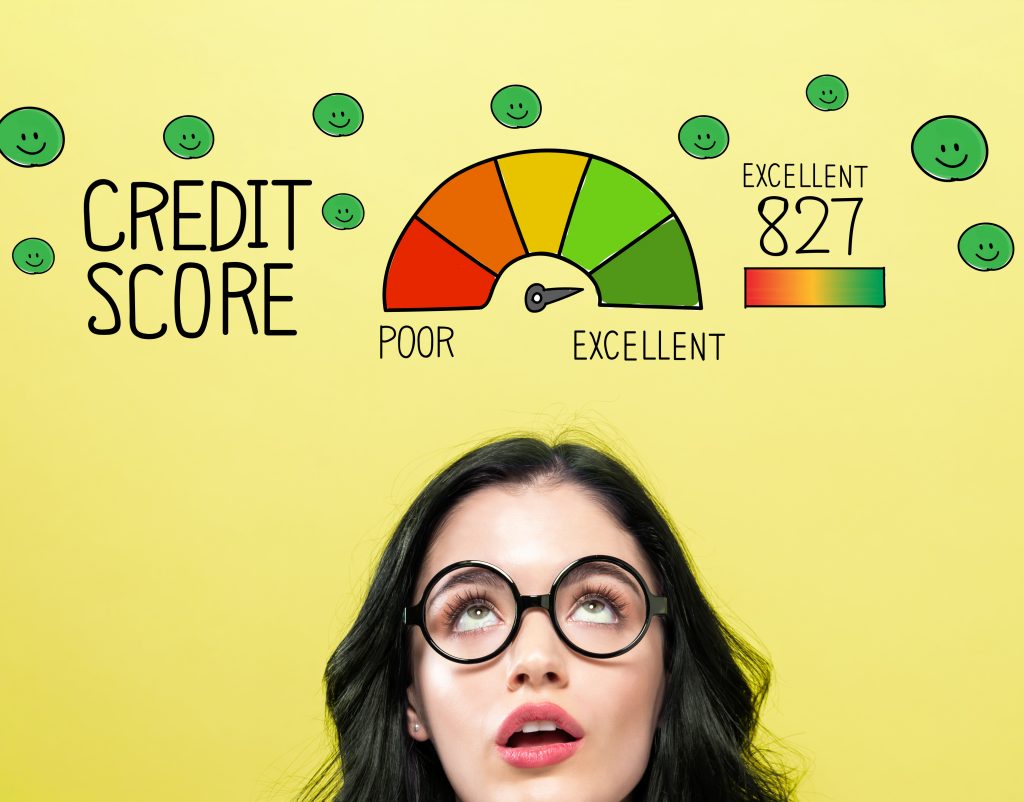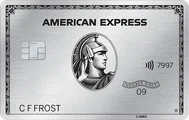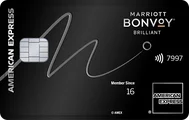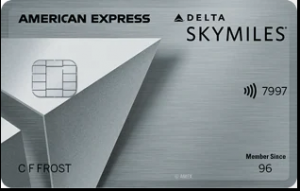Table Of Content
Why are credit cards so prevalent? They've made life a lot easier and are easy for almost anyone to get to, from students to a retired person. They not only give you rewards and unique opportunities, but they also help you build your credit.
Credit cards, when used responsibly, can be a valuable tool for managing one's finances. Many hassles can be eliminated with its help. However, the common misconceptions regarding credit cards prevent most cardholders from making the most of their cards.
1. One Card Is More Than Enough
Understandably, you want to avoid spending too much, but if you can use your cards wisely and pay your bills on time, having more than one card can be helpful in other ways. You have room for more credit in an emergency, and different cards give you extra perks.
If you only have one credit card, you might miss out on several great discounts and deals. If you have more than one credit card from different companies, you have a better chance of getting deals and discounts from a broader range of brands and stores.
For example: If you have a credit card for travel and you stay in hotels a lot, it would be a great deal to get a card that gives you discounts at hotels.
According to Experian Data, the average, Americans hold an average of 3.84 credit card:
2. Carrying Balance Improves Your Credit Score
Carrying a balance on your credit card doesn’t actually help improve your credit score. When you don’t pay off your balance in full, it rolls over to the next billing cycle and becomes a revolving balance. Just remember, carrying a balance means you’ll pay interest, which can make things more costly over time.
Paying your bills on time is the best way to handle your credit card. If you can pay your credit card bills on time, not doing so is a waste of money.
The credit utilization ratio affects your credit score and shows whether or not you are creditworthy. The Consumer Financial Protection Bureau says that a healthy credit score should have a credit utilization ratio of less than 30%.
If you have a balance on your credit card, you can use a balance transfer credit card to move the balance to another card. This will help you manage your debt and save money.
This chart created with Experian data shows that those with an average to good credit score have an average credit utilization ratio of the optimum 33%. This ratio drops significantly for those with very good and excellent scores.
At the other end of the scale, the chart shows that those with poor credit scores typically have a very high credit utilization ratio, with an average of 73%. This will be a massive factor in lending decisions for those in this group.
3. Credit Limit Increase Hurt Your Score
It is great if your bank raises your credit card limit on its own. It means that you have been using your credit card wisely and that the lender thinks you are a good customer. A higher credit limit will help you keep your credit utilization ratio low.
Even if you do not need a higher limit for your regular spending, it can help if you have an emergency and need more money. If you want to spend only a little, you can set limits on your credit card.
4. Checking Your Credit History Affect Credit Score
Your credit score reflects how trustworthy you are as a borrower and your likelihood of repaying a loan. While many factors can impact your score, simply checking it won’t affect it. It’s a quick check that doesn’t impact your score at all.
Regularly monitoring your credit score is important for understanding your financial health. You can check your score as often as you need without worrying about it being harmed.

5. Interest Rates On Credit Cards Cannot Be Reduced
It is not true that you cannot reduce your credit card interest rate; it is dependent on many factors, such as your credit score, current interest rates, etc.
You can get a lower interest rate on your credit card by calling the company that gave you the card, especially the one you have had the most prolonged and asking for a lower rate.
Good credit and a clean payment history can lower your interest rate. If not, don't quit. Continue making on-time payments, reduce and avoid debt, and try again in 3 to 6 months. Better credit will benefit you next time. Credit card firms seek customers who help themselves.
Give the corporation a reason to help you, and it will. Ensure you're in a solid position before asking.
Data by the St. Louis Fed on commercial bank interest rates of credit card plans. However, today's rates are higher due to the massive increase in interest rates.
6. Cancel A Card If It's Not In Use
This is a strange myth. Simply canceling your credit cards will not enhance your credit score. Only cancel a credit card if you have too many cards and want to combine your outstanding balances into one card.
Otherwise, a credit card allows lenders to quickly monitor and assess your credit behavior. Lenders may need a credit assessment tool to grant you loans.
Getting rid of your credit card hurts your credit score in a roundabout way. When you cancel your credit card, the number of available credits decreases, and credit utilization increases, which can hurt your credit score.
If you don't use a credit card, it's better to keep it open than to cancel it. It will help you build a credit history, which will help you get loans in the future.
Sign Up for
Our Newsletter
and special member-only perks.
Sign Up for
Our Newsletter
and special member-only perks.
7. More Than One Card Will Hurt Your Credit Score
It is optional that having multiple cards will affect your credit score. It depends on how you manage them. Banks check your credit utilization, which is the percentage of your approved credit limit that you have already used.
Remember that a credit card is just a line of unsecured loans the bank gives you. If you use a lot of your credit every month, or if your “credit utilization” is high, it sends a wrong message about your creditworthiness.
By using more than one credit card, you can spread out your spending and ensure that this ratio stays within healthy limits on each card. But only have a few cards, or it will be hard to pay them back. You should plan your use of credit cards.
For example, occasionally keep one for your regular expenses and one for emergencies or big-ticket items.
8. Your Credit Score Will Drop If You Apply For A New Card
When you ask for new credit, the service provider does a “hard credit inquiry.” Too many applications could hurt your credit score in a big way, but a single inquiry probably will only change it by a few points.
So, it is essential to choose the right card based on your needs, how you usually spend money, and the perks it offers. A good payment history will quickly compensate for losing points on the new card.
A new credit card or loan application does not affect your credit score. While multiple new credit card applications can hurt your credit score, having one or two additional cards will not affect you as long as payments are made on time.
9. Credit Cards Can Make You Spend On Impulse
This myth has been going around since Credit Cards were first made.
Credit Cards are easy to use and make it easy to buy goods and services, but that doesn't mean they make you a spendthrift. Spending on the spur of the moment shows a lack of financial discipline and cannot be blamed on credit cards alone.
For example, a person with good financial habits will not spend on impulse. If you think credit cards make you spend impulsively, plan and record your spending, or avoid getting a new card.
10. Paying On Time Can Improve Your Credit Quickly
Building credit is a slow and steady process that requires patience and responsible behavior about one's finances. Paying quickly cannot result in an immediate improvement in one's credit standing. Paying on time for a couple of months will do that.
Building credit takes as long as you want it to take. The time it takes to improve your credit scores is related to the severity of your credit problems and the efforts you put into fixing them.
For example, paying your credit card bill in full every month and on schedule with any other loans is an excellent strategy to boost your credit score.
Bottom Line
Credit cards can help you get out of debt and save more money. Like any other financial product, they need to be used with careful planning.
So you can get the most out of what they have to offer. Refrain from believing every myth you hear; check the facts first. If you do, you might take advantage of ways to improve your finances.



